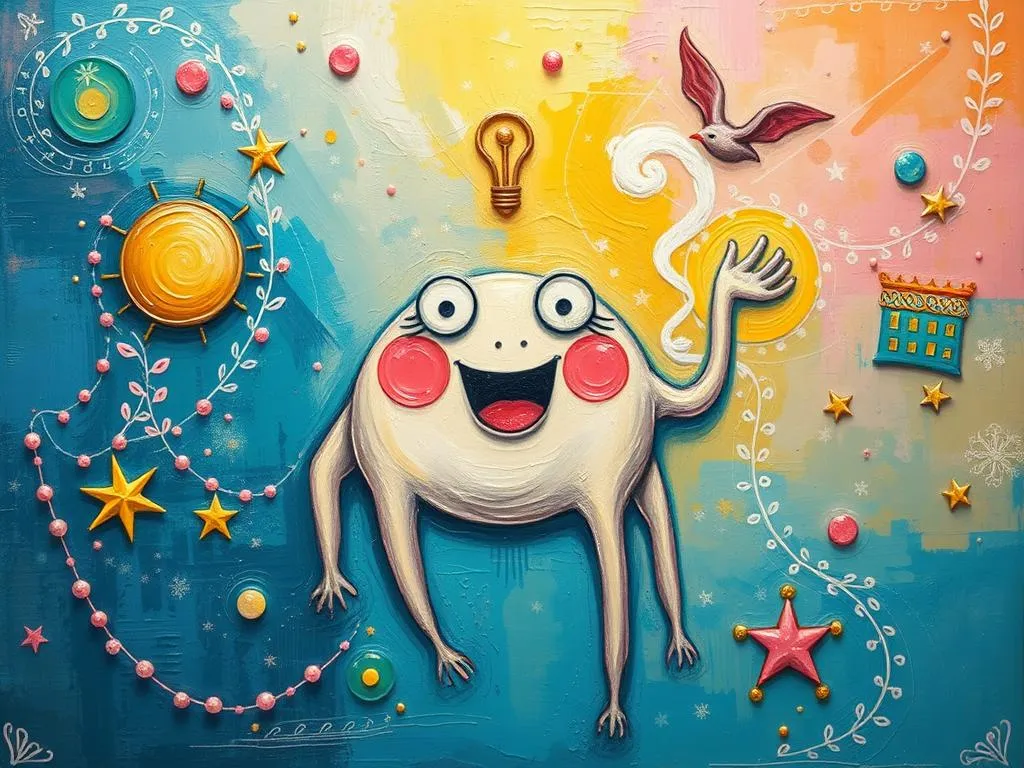
Have you ever woken up from a dream that felt hauntingly real, yet baffling in its meaning? Perhaps you’ve experienced a sense of urgency, an underlying tension, or a peculiar feeling of being watched. Dreams can often leave us feeling perplexed, as if they’re speaking a language we struggle to understand. Among these elusive nocturnal narratives, second rank dreams emerge as particularly fascinating, revealing deeper layers of our psyche and emotions.
Second rank dreams serve as a bridge between our conscious and unconscious minds, often reflecting our fears, desires, and unresolved conflicts. They are not your typical dreams filled with whimsical adventures; instead, they tap into our subconscious, offering a glimpse into our inner struggles and thoughts. As we explore the symbolism, experiences, and personal growth associated with these dreams, we invite you to embark on a journey of self-discovery and introspection.
Dream Deciphering: The Language of Second Rank Symbols
When we talk about second rank dreams, we are often referring to symbols that carry layered meanings. These symbols are not just decorative elements in our dreams; they are the very essence of what we are grappling with in our waking life. Understanding these symbols can lead to powerful insights about ourselves.
Take the symbol of a broken mirror, for example. In many cultures, mirrors represent self-reflection and identity. A broken mirror in your dream might signify a fragmented self-image or feelings of inadequacy that you are grappling with. In some traditions, it is believed that broken mirrors can symbolize bad luck, which may indicate your fears regarding failure or misfortune. Alternatively, it could also signal a call to repair and reclaim parts of your identity that have been neglected.
Another potent symbol is that of clocks. Clocks can embody the passage of time and the pressure of deadlines. Dreaming of a clock that is either moving too fast or too slow can suggest feelings of being overwhelmed or left behind. In many cultures, clocks are seen as reminders to seize the moment, hinting that you might need to reevaluate your priorities in life. The tick-tock of the clock can serve as a reminder that time is not just a linear path but a cycle that urges you to engage with your present.
In contrast, the symbol of shadows in second rank dreams can shed light (pun intended) on the aspects of ourselves that we keep hidden. Shadows often represent the parts of our personality that we may not fully acknowledge—our fears, insecurities, and past traumas. These dreams may be prompting you to confront these shadows, encouraging personal growth and acceptance.
As we explore these symbols, it’s essential to consider the context in which they appear in your dreams. The emotions tied to these symbols can further clarify their meanings. Are you feeling anxious, relieved, or indifferent? Each emotion can provide additional layers to the interpretation.
Reality Check: Scenarios in the Second Rank Dreamscape
Let’s bring these concepts to life by examining some common scenarios that may illustrate the essence of second rank dreams. Each of these dreams reflects unique emotional landscapes and challenges that many of us face.
-
The Endless Hallway: You find yourself walking through an endless, dimly lit hallway. No matter how far you walk, you can never reach the end. This dream often signifies feelings of being trapped or stuck in a situation. It could reflect your current work life or a relationship that feels stagnant. The hallway symbolizes the journey of life, and the endlessness suggests a sense of frustration regarding progress.
-
The Unfinished House: In this dream, you explore a house that is incomplete—some rooms are furnished while others are bare. This scenario may indicate your current state of mind or personal life. The unfinished nature of the house suggests that there are areas in your life that require attention or nurturing. It can serve as a prompt to address aspects of yourself that feel neglected, encouraging healing and growth.
-
The Drowning Fish: You dream of fish that are struggling to breathe out of water. This dream can symbolize feelings of vulnerability or emotional distress. Fish are often associated with our subconscious and intuition, and their struggle represents a disconnection from your inner self. It may be time to reflect on what you need to feel more at peace with yourself.
-
The Masked Figure: You encounter a figure wearing a mask, obscuring their identity. This dream can signify feelings of mistrust or uncertainty in your relationships. It may also point to the masks you wear in your own life—how you present yourself to the world versus who you truly are. This scenario encourages introspection about authenticity and vulnerability in your connections.
-
The Flooding Room: You find yourself in a room that is gradually filling with water. This flooding might represent overwhelming emotions or situations that you feel are consuming you. Water symbolizes our emotions; thus, a flooding room could indicate that you are at risk of drowning in your feelings. It may serve as a reminder to confront and process these emotions instead of allowing them to overwhelm you.
Each of these scenarios serves as a mirror, reflecting back the unresolved issues and emotions we carry into our dreams. By analyzing the symbols and feelings associated with these dreams, we can gain profound insight into our waking lives.
The Journey of Transformation: Growing Through Second Rank Dreams
Second rank dreams are not merely enigmatic puzzles to solve; they are invitations to embark on a journey of personal growth. By acknowledging these dreams and their underlying messages, we can begin to heal and evolve.
Reflecting on Symbols: Start by keeping a dream journal. Write down your dreams upon waking, paying particular attention to the symbols that stand out to you. Over time, patterns may emerge, revealing the themes and emotions you need to address in your life. This practice allows you to cultivate a deeper relationship with your subconscious, turning your dreams into a valuable source of insight.
Emotional Exploration: After identifying symbols, take time to reflect on the emotions they evoke. Ask yourself questions like, “What does this symbol remind me of in my waking life?” or “How do I feel when I encounter this symbol?” This emotional exploration helps you connect the dots between your dreams and your daily experiences, leading to meaningful personal revelations.
Facing Your Shadows: Embrace the message of your shadows. Often, dreams that highlight our fears or insecurities are calling us to integrate those aspects of ourselves. Consider seeking support through therapy, creative expression, or journaling to work through these feelings. By doing so, you can transform your relationship with these shadows, allowing them to become allies in your journey of self-discovery.
Setting Intentions: Use the insights gained from your dreams to set intentions for your waking life. For example, if you dream of an unfinished house, take actionable steps to create balance in areas of your life that feel neglected. Intentions can serve as a guiding light, helping you to align your actions with your evolving self.
Celebrating Progress: Lastly, celebrate the progress you make through this journey. Even the smallest steps toward healing and growth deserve recognition. Acknowledging your efforts reinforces the positive changes you are making, encouraging you to continue exploring the depths of your subconscious.
As we navigate the intricate world of second rank dreams, we remind ourselves that these nocturnal narratives are not just fleeting moments of sleep. They are powerful gateways to our inner selves, filled with messages waiting to be uncovered.
Embrace the complexity of your dreams, for they carry wisdom that can guide you through your waking life. The next time you wake from a second rank dream, take a moment to reflect on its meaning. You may find that your dreams are not just a collection of thoughts, but rather a profound dialogue between your conscious and unconscious selves, urging you to embark on a journey of transformation and understanding.
In the grand tapestry of life, our dreams are threads that weave together our fears, hopes, and aspirations. Listen closely to their whispers, for they may hold the key to unlocking your fullest potential.







